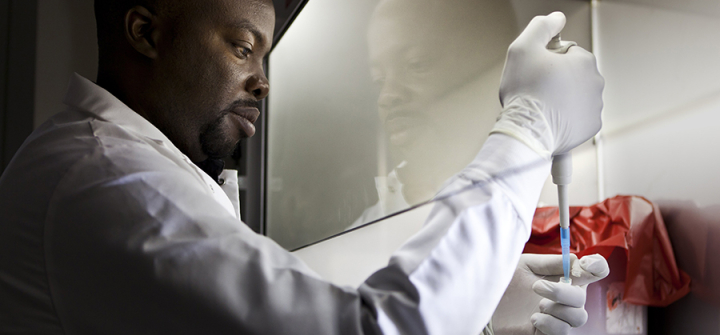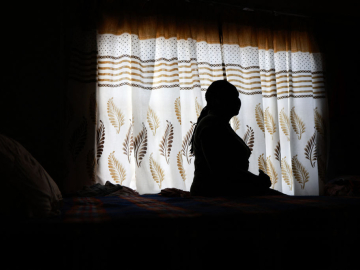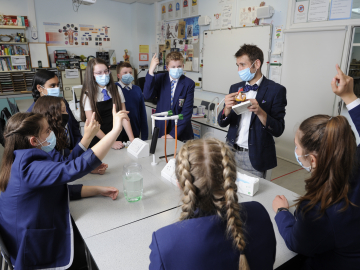Closing the Scientific Gap
Systemic challenges to conducting research continue to continue to hold back science in low- and middle-income countries, write Senjuti Saha, PhD, and colleagues in a recent commentary for eLife. They warn that without immediate and sustained interventions, the gap in scientific resources between the resource-rich and resource-poor will only worsen.
What’s the problem?
Low- and middle-income countries bear a large share of the global burden of disease but a disproportionately low share of laboratory resources and access to scholarly literature. The increasing gap between the resource-rich and resource-poor is jeopardizing the future of global health keeping scientists trapped in vicious cycles of scholarly poverty and colonial science.
What are some specific examples of the issue?
Scientists working in LMICs constantly face challenges. Outdated customs regulations can result in equipment and reagents being held up for months. Lack of local suppliers and producers result in significant delays that prevent timely publications; we sometimes rely on piecemeal supplies brought by colleagues visiting from high-income countries. The fact that scientists in LMICs cannot keep up with scholarly literature due to the restricted access and paywalls only makes things worse.
What needs to happen?
An international effort is needed to overcome the paywalls, customs regulations and lack of local suppliers that hinder the scientific community in LMICs. By uniting as one worldwide scientific community, we can take appropriate steps to bring the scholarly poor out of literary poverty and make global health research truly global.
Senjuti Saha, PhD, is a postdoctoral fellow at the Child Health Research Foundation in the
Dhaka Shishu (Children) Hospital in Dhaka, Bangladesh. She is also a visiting postdoctoral scholar at Stanford University.
A lab technican works with pathogen samples as part of research into dangerous animal pathogens in the Global Viral Forecasting Initiative Lab in Yaounde, Cameroon, July 28, 2011. Image: Brent Stirton/Getty




